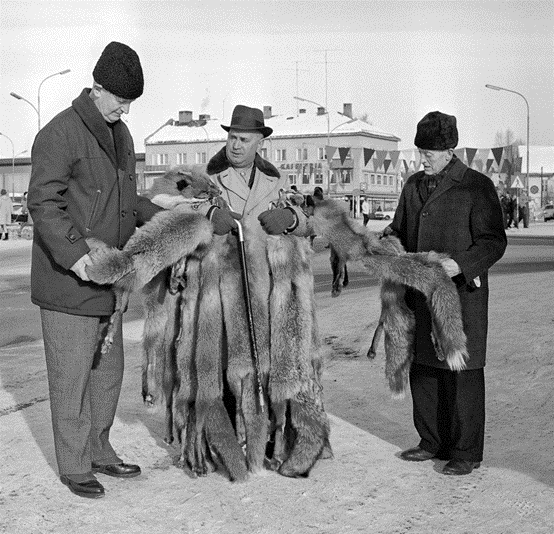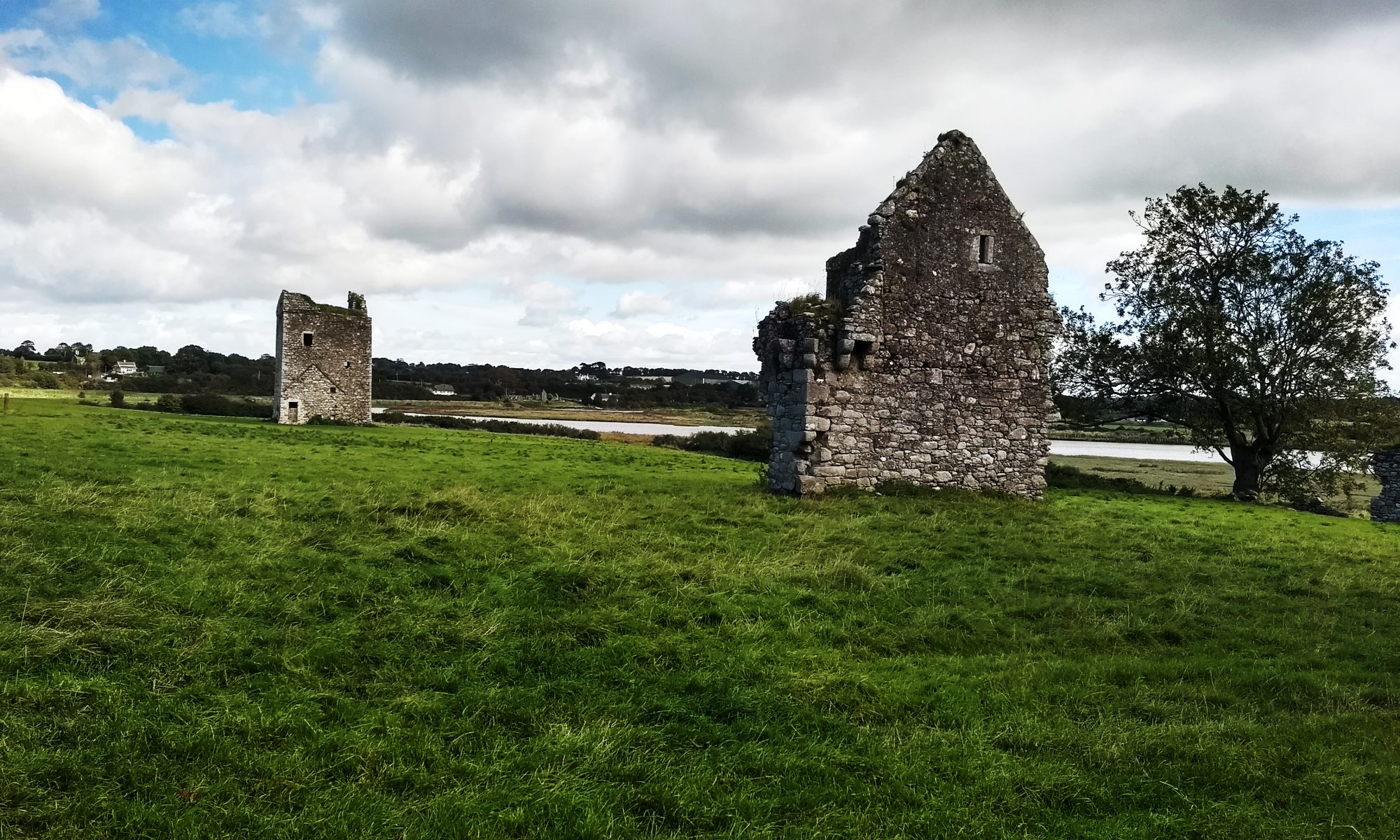THE PROGRAMME OF OUR LAST RURALIA XV CONFERENCE
“Farmers’ trade and markets. Social and economic interaction in the medieval and early modern European countryside”
The updated programme for our Ruralia XV conference in Fredrikstad 4 Sept – 10 Sept 2023 is now ready.
You can find it under this link.

